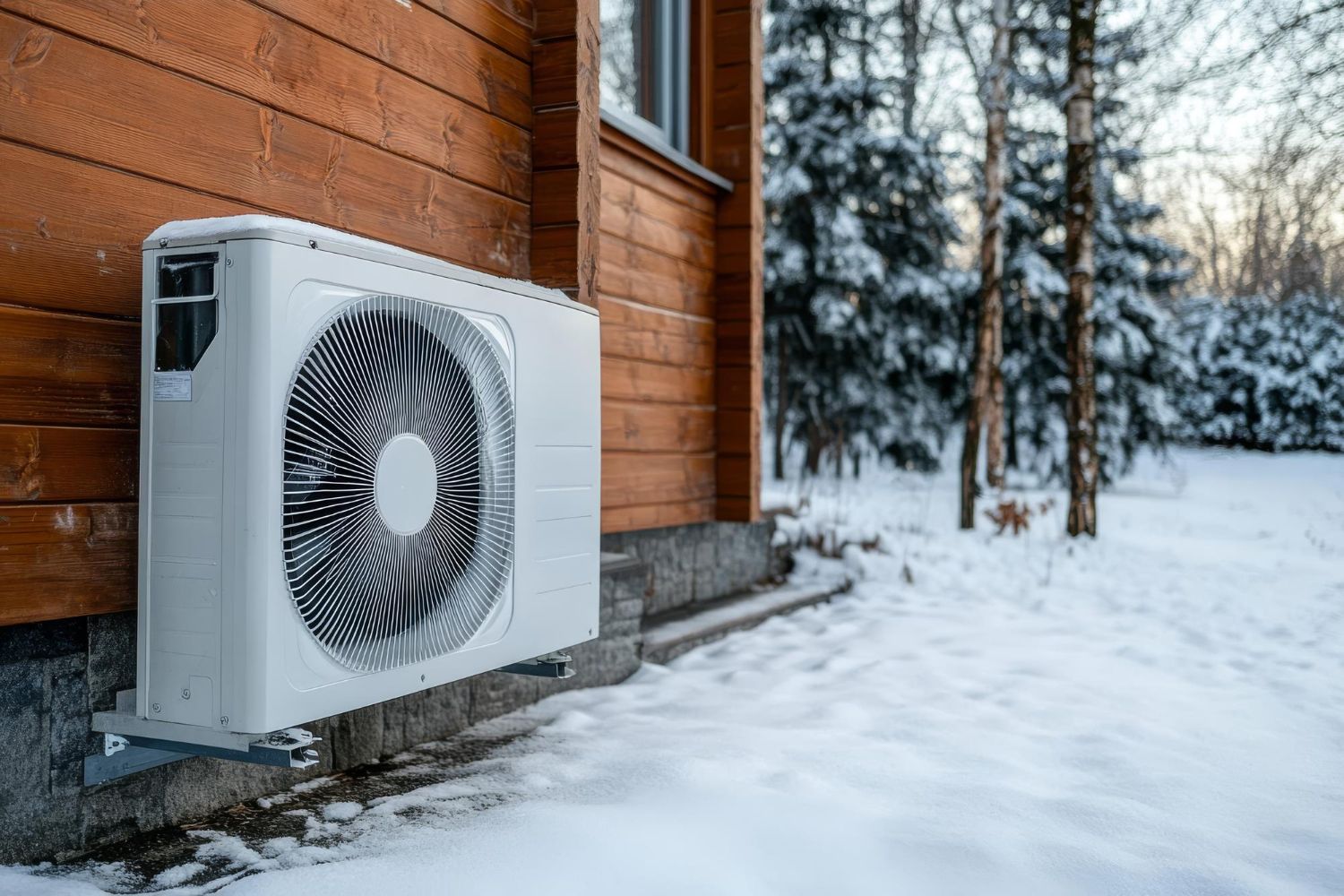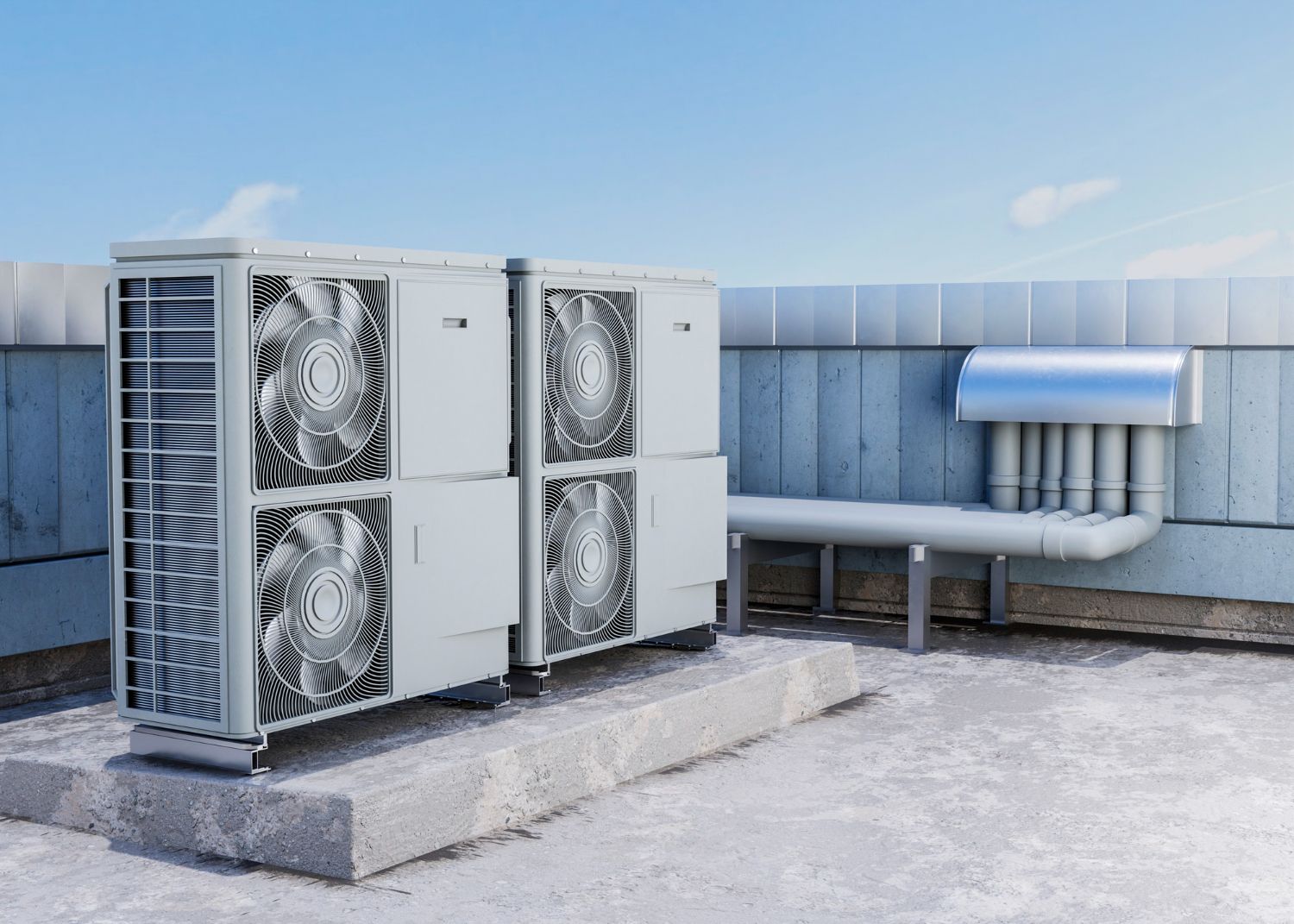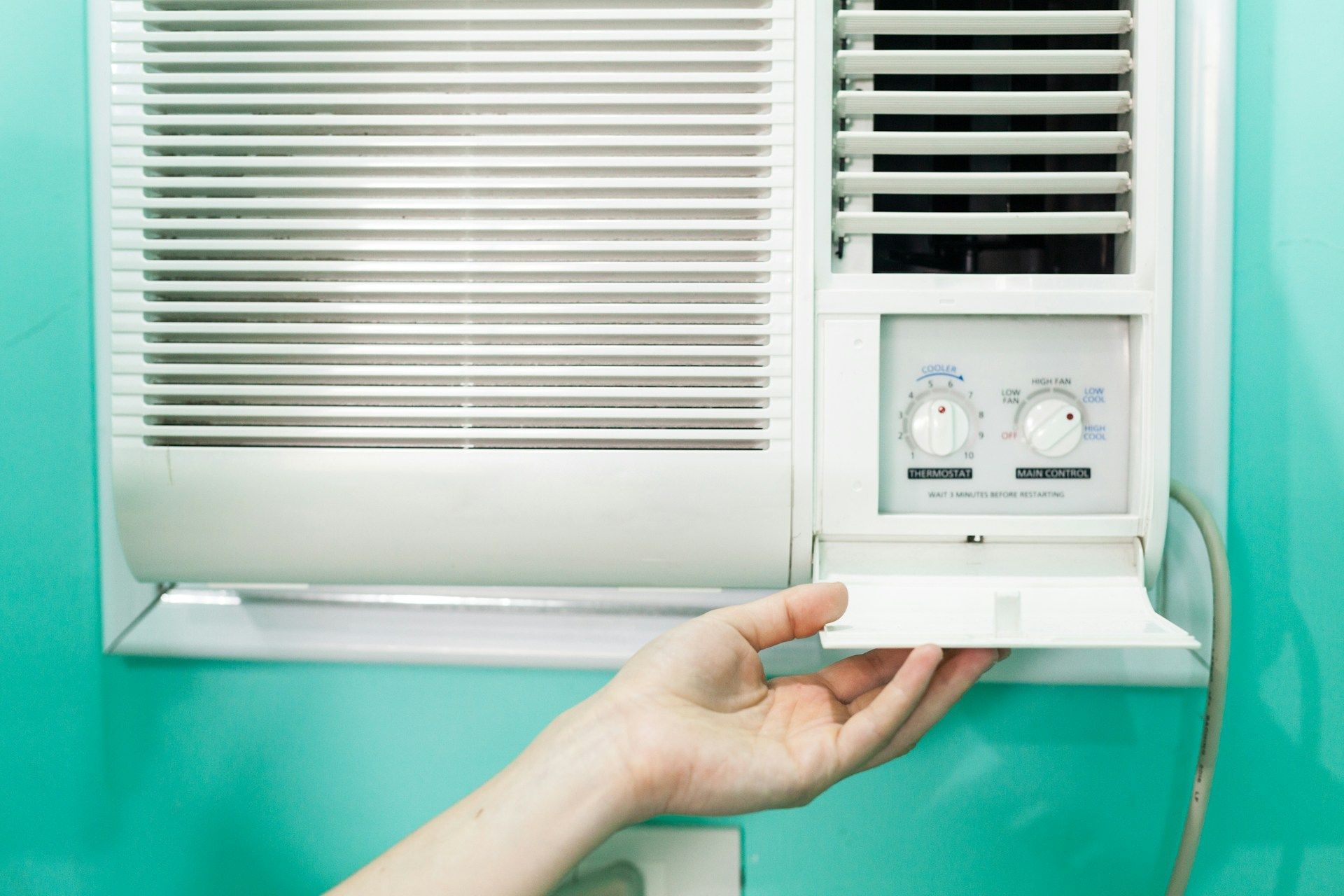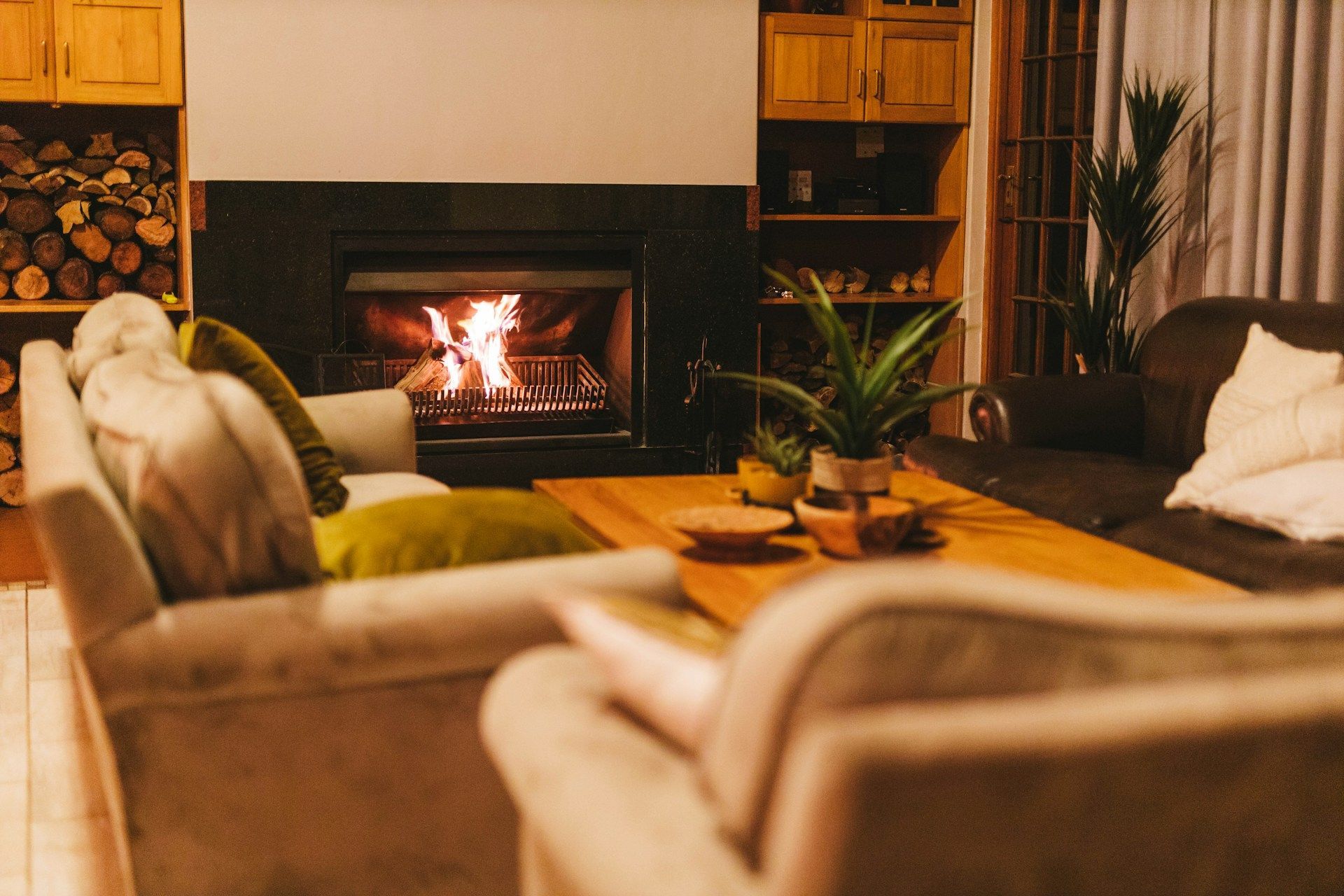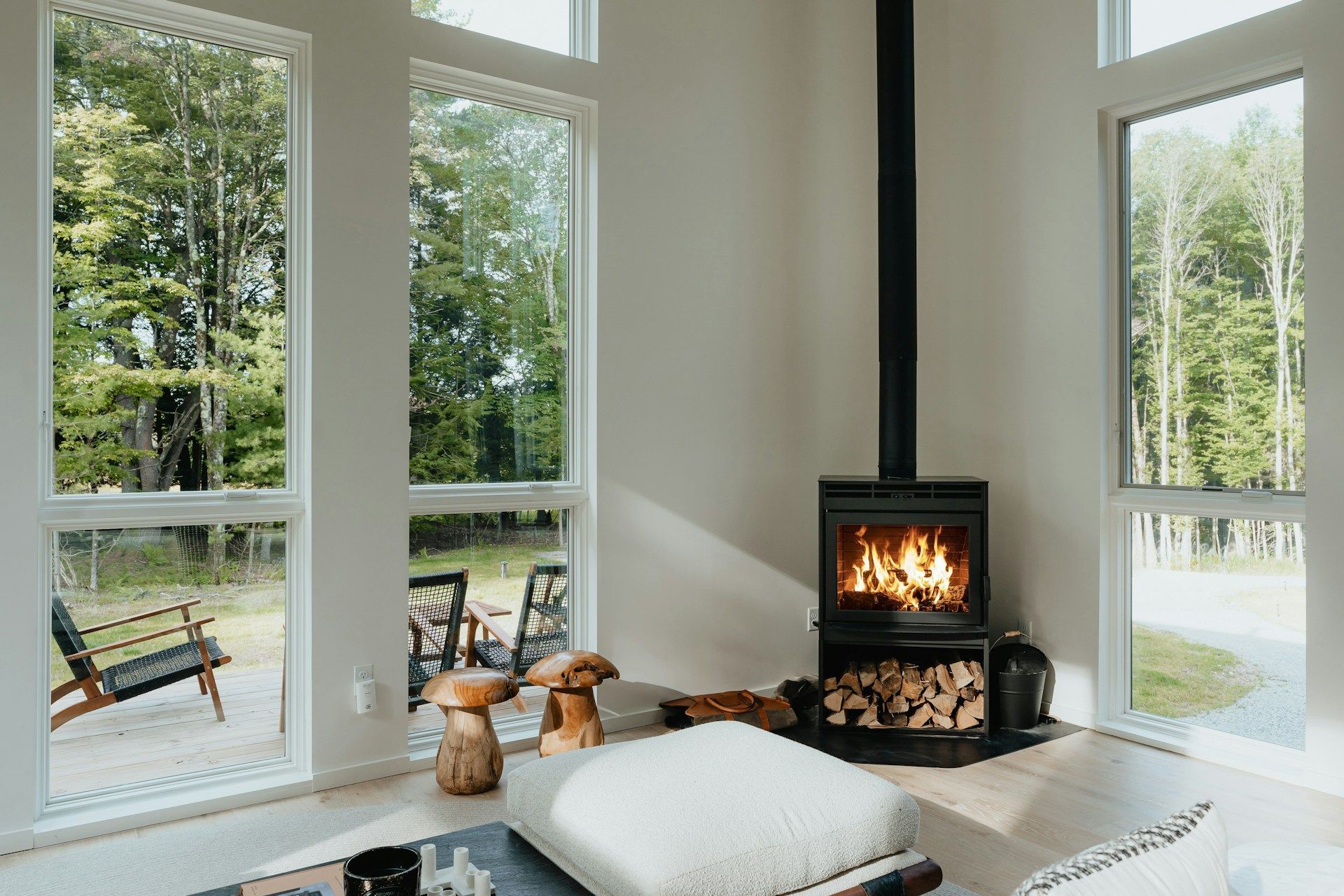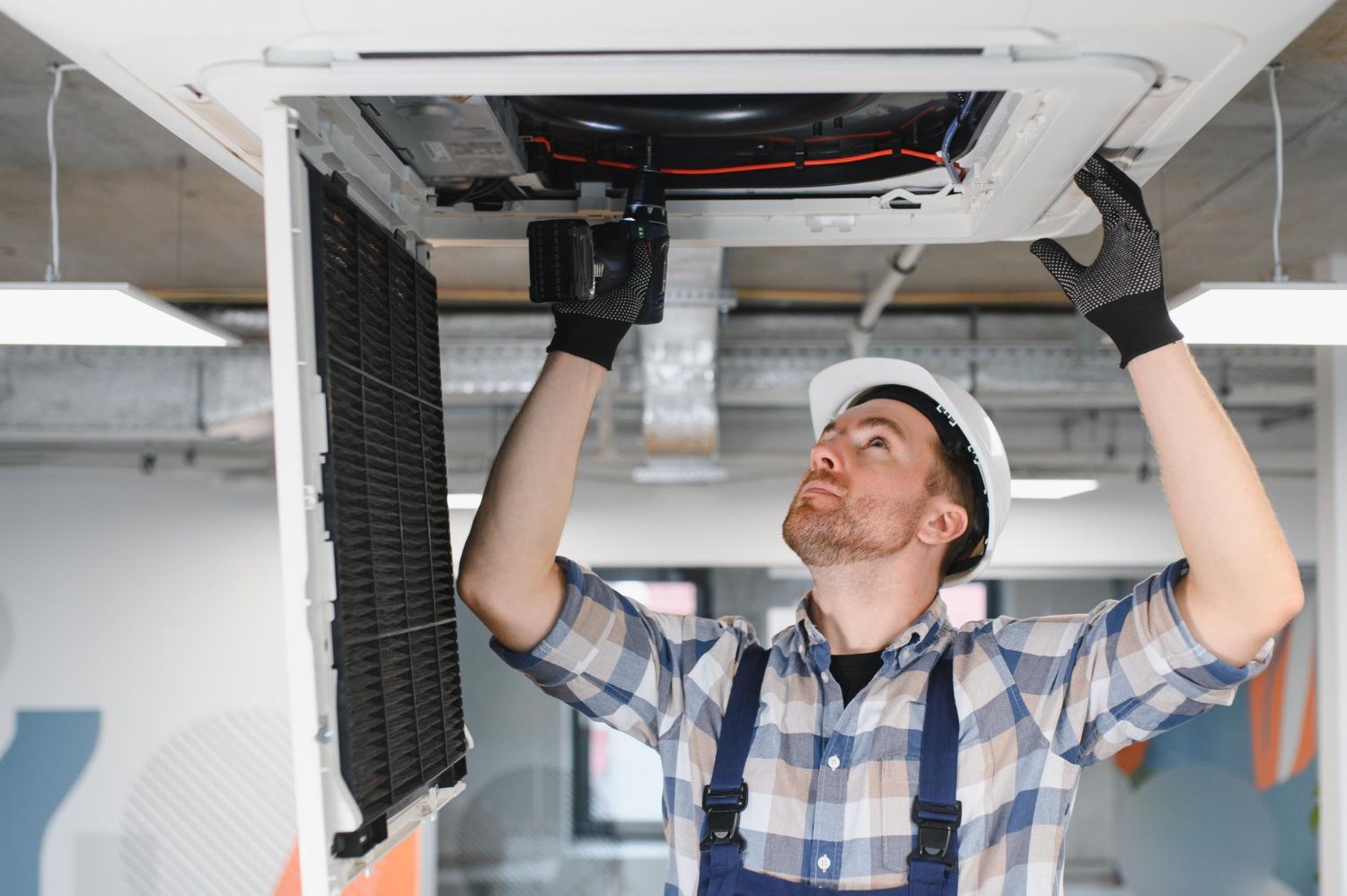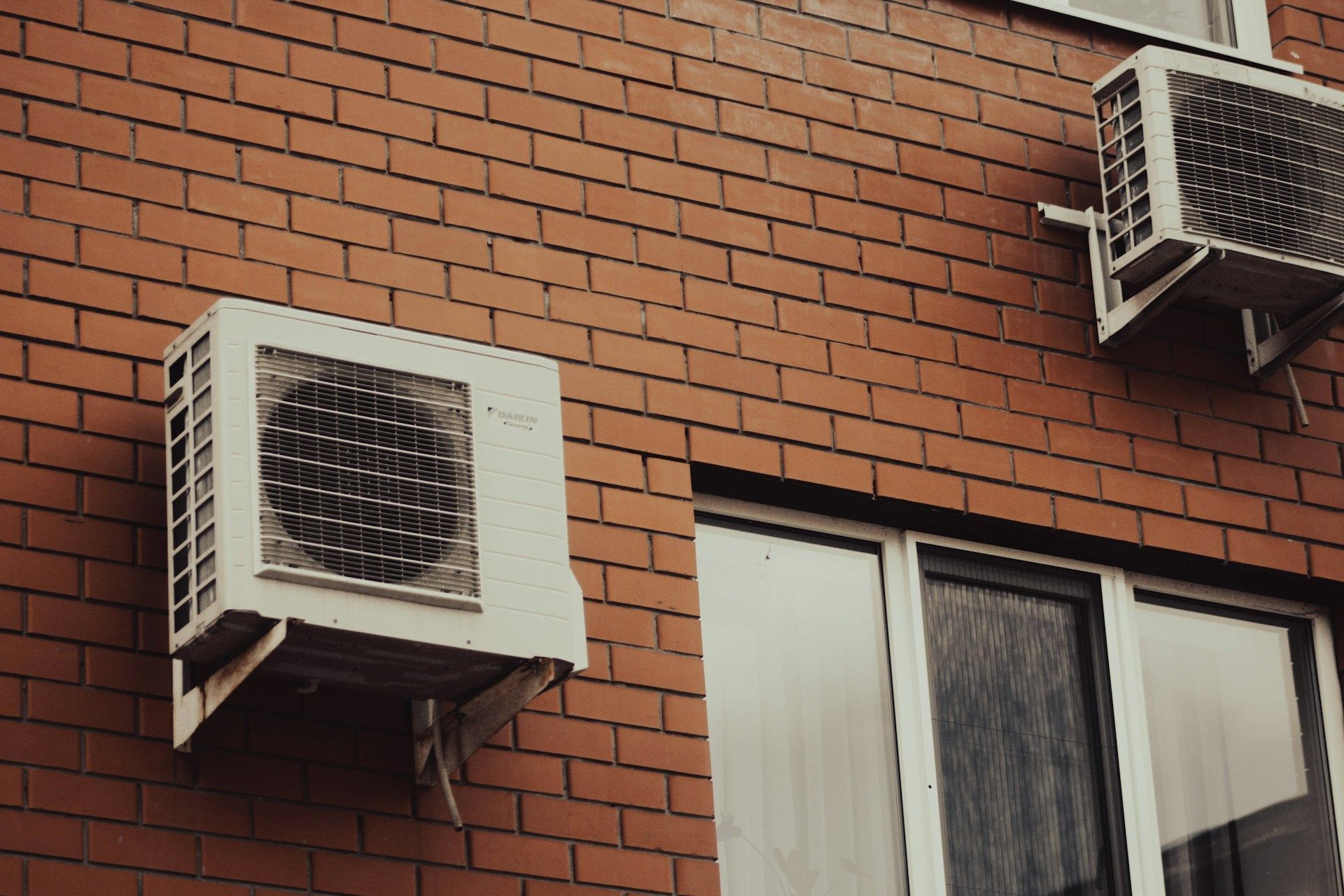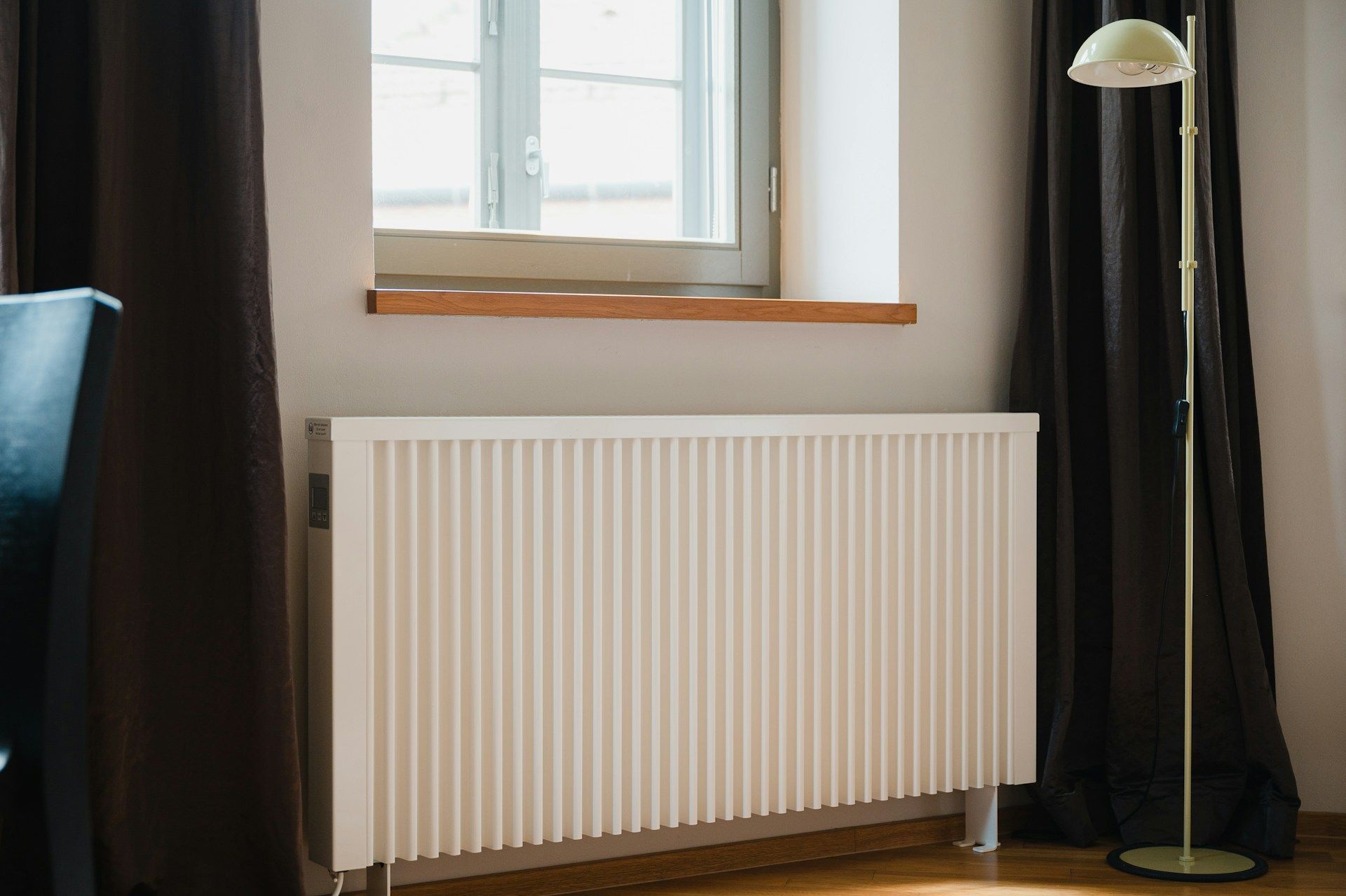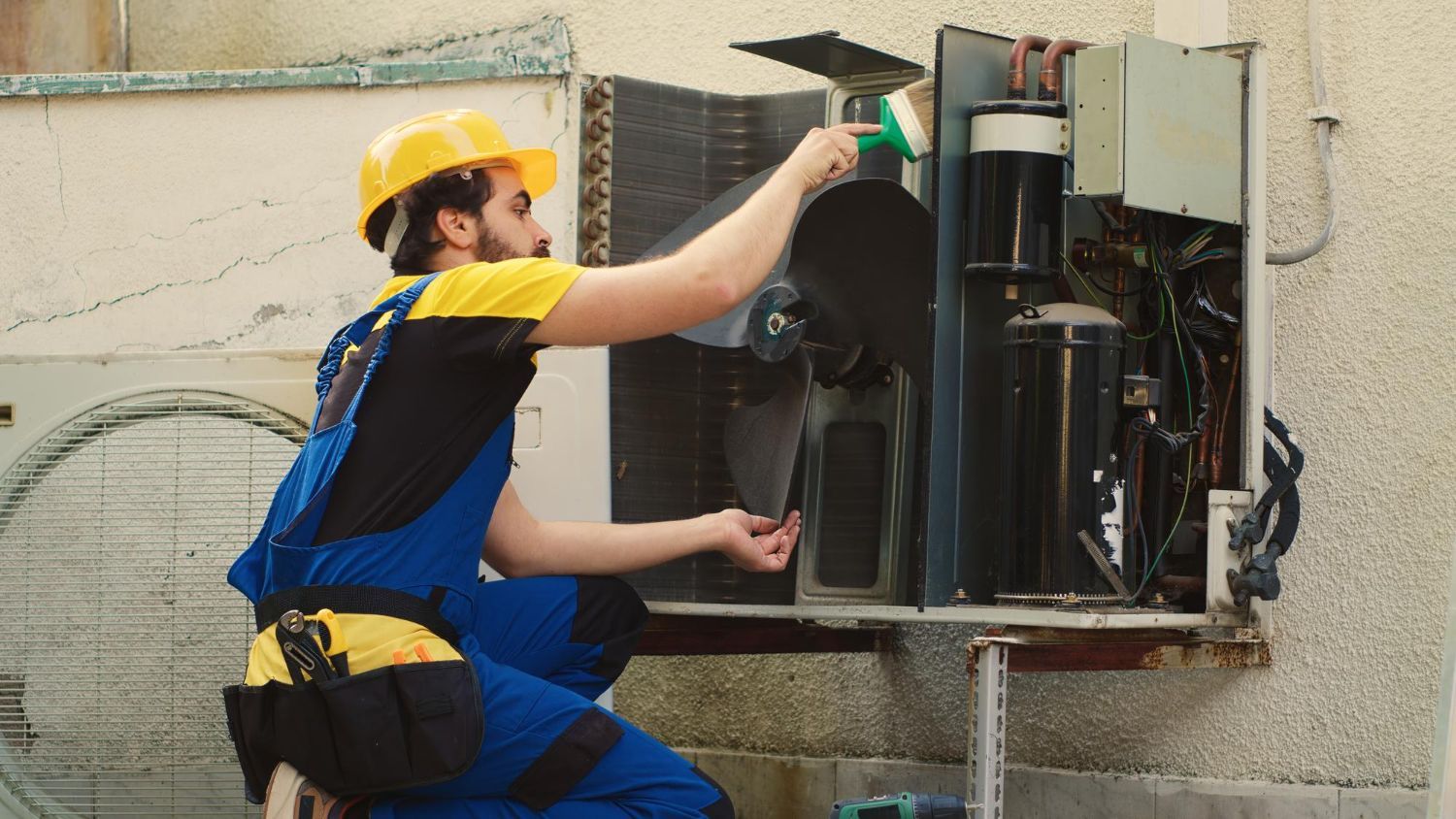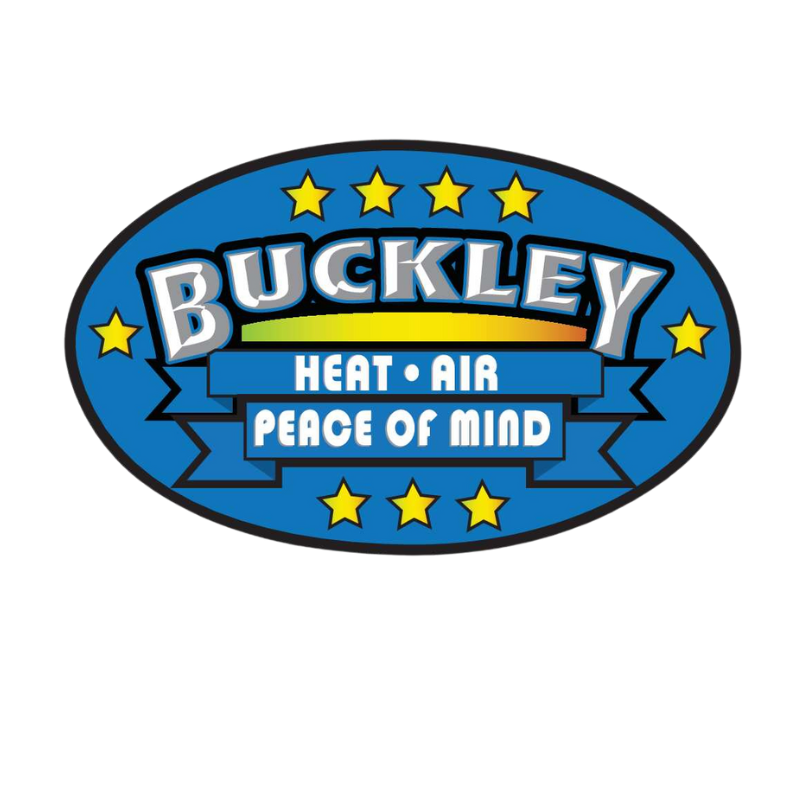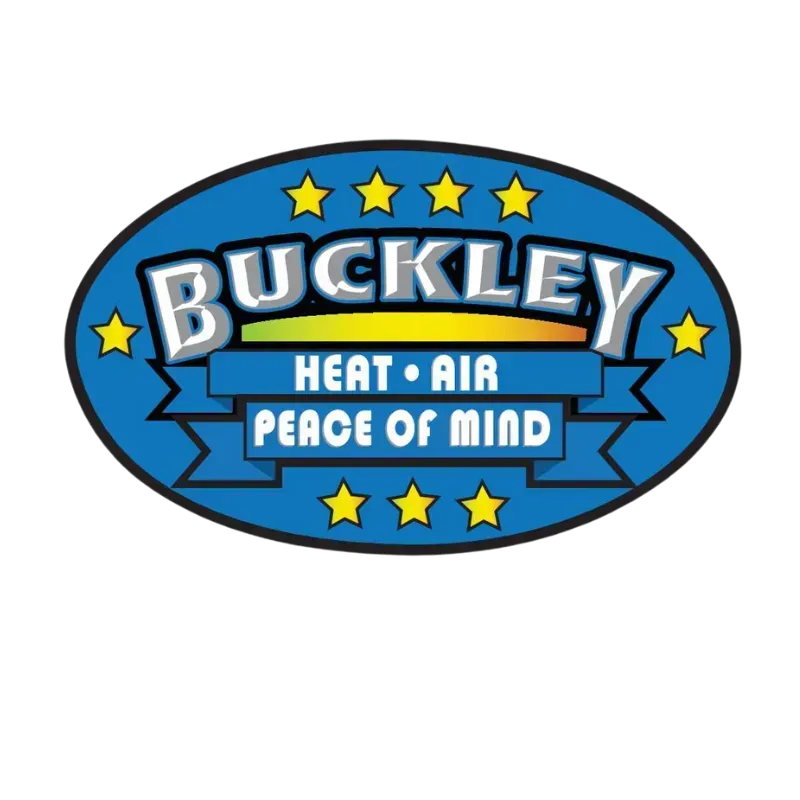You probably don’t think much about the air inside your home until it starts to cause problems. Maybe someone in your family always seems to have a runny nose or itchy throat, or there's that layer of dust you can't seem to keep off the furniture. These can be signs that the air you're breathing at home might not be as healthy as it should be.
Indoor air quality plays a big role in how you feel day to day. When you're spending time inside, you want to breathe easily. But when the air is filled with tiny particles, allergens, or pollutants, it can lead to discomfort, especially for people with allergies or asthma. Clean indoor air can help with better sleep, improved focus, and a more restful home environment overall.
Common Indoor Air Quality Issues
Most people would be surprised to learn how much stuff is floating around in their home’s air. Some of it drifts in from outside, while other pollutants are generated by daily indoor activities. Pets, plants, and even cleaning products can add to the mix.
Here are some of the most common indoor air pollutants:
- Dust and dust mites
- Pollen that comes in through windows or doors
- Pet dander from cats, dogs, and other furry friends
- Mold and mildew, especially in humid or poorly ventilated areas
- Smoke from cooking, fireplaces, or candles
- Chemicals from cleaners and air fresheners
- Outdoor air pollution, like wildfire smoke or car exhaust sneaking indoors
Everyday routines can stir up a lot of this. Vacuuming can blow dust into the air if the vacuum doesn't have a HEPA filter. Cooking can send out tiny particles of grease and smoke. Air fresheners or cleaning sprays might smell pleasant but can leave behind chemicals that hang in the air. If your home isn’t well ventilated, these pollutants can linger longer than you think.
Outdoor air can also find its way inside through gaps in doors and windows, or when windows are left open. During wildfire season or high-pollen days, pollution can move indoors quickly and silently. Even with regular cleaning, it’s tough to keep the air fresh unless you understand what you’re dealing with.
Identifying Poor Indoor Air Quality
Not all signs of poor indoor air are easy to spot. Some symptoms sneak up slowly, making it hard to tell whether the problem is the air or something else. But if someone in your home keeps having seasonal allergy symptoms—even when the windows are shut—it could be something in the indoor air instead.
Look out for these signs:
- Recurring sore throats, sneezing, coughing, or nasal congestion
- Itchy or watery eyes when sitting in certain rooms
- Headaches that get worse indoors
- Mold spots or dark patches on walls, ceilings, or around windows
- Excessive dust buildup on surfaces or near vents
- Lingering musty smells, even after cleaning
- Condensation on windows or uneven indoor humidity
You can also try using indoor air monitors. These small devices gather information about air temperature, humidity, dust, and sometimes even specific chemicals or gases. While they’re not full diagnostic tools, they’re helpful for spotting trends. If levels go up after vacuuming or using a particular cleaner, that might be your clue.
One of the most overlooked ways to check air quality is through your HVAC system. Dirty filters can block proper airflow and send dust or allergens back into your living space. If the system hasn’t been inspected or maintained in a while, it may not be filtering at all. A professional inspection can catch hidden issues or let you know if the equipment needs repairs or upgrades.
Solutions To Improve Indoor Air Quality
Once you know your home has air quality issues, there are a few simple steps you can take to improve it. The goal is to remove or reduce pollutants before they build up, and to make sure the clean air is flowing throughout your home.
Start with ventilation. Letting outdoor air in can flush out stale air and bring in fresher air. This works best when outdoor conditions are clean and mild. If there's a lot of pollen or wildfire smoke outside, try to limit how long you crack windows and rely more on internal systems.
These steps can help refresh your indoor air:
- Switch out HVAC filters regularly. Use filters rated for small particles like dust, pollen, and dander. A clogged filter won’t clean the air and might even make things worse.
- Add air purifiers in key areas where your family spends the most time. Choose units with HEPA filters for the best results.
- Monitor indoor humidity levels. Places like bathrooms or basements may benefit from a dehumidifier to stop mold growth before it starts.
- Vacuum with a HEPA filter-equipped vacuum to remove the finer dust bits that regular vacuums can miss.
- Be selective with cleaning products. Use unscented or low-chemical products, especially when spraying indoors.
Make cleaning a regular habit. Dust often forgotten places like ceiling fans, window sills, and shelves. These spots collect airborne particles that can surprise you when disturbed. Keeping clutter down helps, too. Items stored in corners, under beds, or in closets can trap dust and pests, affecting the air around them.
Seasonal Considerations For Indoor Air Quality
What triggers poor air quality in winter might be very different from what affects your home in summer. Knowing what to expect during each season helps you stay ahead and keep things easy to manage.
In late summer or early fall, pollen levels rise and dusty air from dry yards or wildfire smoke can sneak in. If you’ve had your windows open all summer, particles might have built up quietly inside.
Running the AC all summer also means your system has been collecting moisture. That moisture, especially in unused parts of the HVAC system, can become a breeding ground for mold. By the time September comes around, it's smart to check your HVAC and make sure it's not collecting buildup that could affect the heating season.
Tips to keep in mind for each season:
- Swap your HVAC filters every few months. Try to time this for the start of spring, summer, fall, and winter.
- During pollen-heavy months, keep windows closed when possible and run purifiers indoors.
- In dry or overly humid times, adjust with a humidifier or dehumidifier for comfort and safety.
- After summer, especially in dusty or high-use AC areas, a system check can make all the difference in clean air circulation.
Matching your actions with what the weather is doing outside helps maintain a healthier indoor space and makes seasonal upkeep more manageable.
Keep Your Home's Air Quality In Check
Cleaner air at home gives you peace of mind, supports your family’s health, and creates a space where breathing is more comfortable. Getting there doesn’t require major changes all at once, just a little awareness and some smart habits.
If you've noticed musty smells, layers of dust, or allergy symptoms that don’t go away, these could be signs your home’s air needs attention. Change filters, check equipment, reduce clutter, and use reliable tools like purifiers and monitors to learn more about what’s floating around in your home. It all comes together to help you breathe easier and enjoy your space more fully.
Breathe easy with cleaner, healthier air in your home by incorporating regular
HVAC maintenance into your lifestyle. At Buckley Heat Air, our expert team is ready to support you with practical solutions and reliable service to keep your indoor environment at its best. Don’t let indoor air quality issues compromise your comfort—reach out today and let us help you create a more refreshing and comfortable home.

